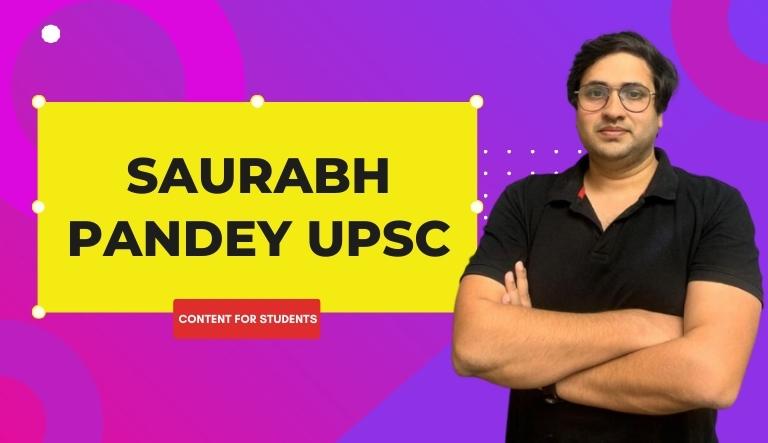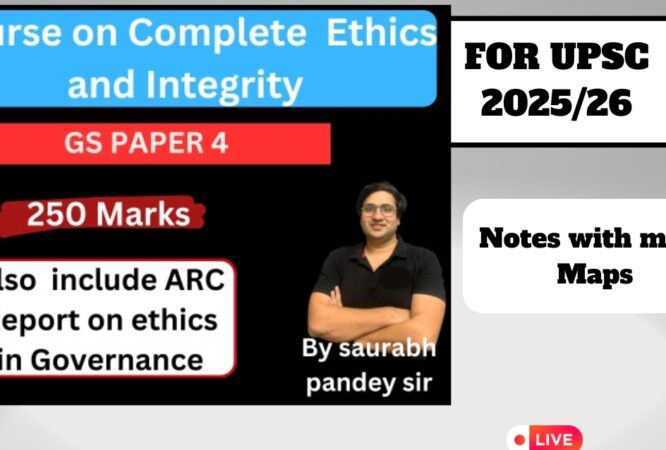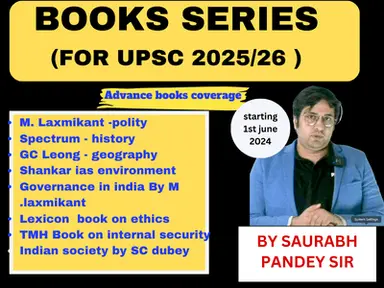Information Technology (Intermediary Guidelines and Digital Media Ethics Code) Rules 2021
Why in News?
- Amidst growing concerns around lack of transparency, accountability and rights of users related to digital media and after elaborate consultation with the public and stakeholders, the Information Technology (Intermediary Guidelines and Digital Media Ethics Code) Rules 2021 has been framed in exercise of powers under section 87 (2) of the Information Technology Act, 2000 and in supersession of the earlier Information Technology (Intermediary Guidelines) Rules 2011.
- Part- II of these Rules shall be administered by Ministry of Electronics and IT, while Part-III relating to Code of Ethics and procedure and safeguards in relation to digital media shall be administered by the Ministry of Information and Broadcasting.
Rationale and Justification for New Guidelines:
These Rules substantially empower the ordinary users of digital platforms to seek redressal for their grievances and command accountability in case of infringement of their rights. In this direction, the following developments are noteworthy:
- The Supreme Court in suo-moto writ petition (Prajjawala case) vide order dated 11/12/2018 had observed that the Government of India may frame necessary guidelines to eliminate child pornography, rape and gangrape imageries, videos and sites in content hosting platforms and other applications.
- The Supreme Court vide order dated 24/09/2019 had directed the Ministry of Electronics and Information Technology to apprise the timeline in respect of completing the process of notifying the new rules.
- There was a Calling Attention Motion on the misuse of social media and spread of fake news in the Rajya Sabha and the Minister had conveyed to the house on 26/07/2018, the resolve of the Government to strengthen the legal framework and make the social media platforms accountable under the law. He had conveyed this after repeated demands from the Members of the Parliament to take corrective measures.
- The Ad-hoc committee of the Rajya Sabha laid its report on 03/02/2020 after studying the alarming issue of pornography on social media and its effect on children and society as a whole and recommended for enabling identification of the first originator of such contents.
Salient Features
Guidelines Related to Social Media to Be Administered by Ministry of Electronics and IT:
- Due Diligence to Be Followed by Intermediaries: The Rules prescribe due diligence that must be followed by intermediaries, including social media intermediaries. In case, due diligence is not followed by the intermediary, safe harbour provisions will not apply to them.
- Grievance Redressal Mechanism: The Rules seek to empower the users by mandating the intermediaries, including social media intermediaries, to establish a grievance redressal mechanism for receiving resolving complaints from the users or victims.
- Intermediaries shall appoint a Grievance Officer to deal with such complaints and share the name and contact details of such officer. Grievance Officer shall acknowledge the complaint within twenty four hours and resolve it within fifteen days from its receipt.
- Ensuring Online Safety and Dignity of Users, Specially Women Users: Intermediaries shall remove or disable access withing 24 hours of receipt of complaints of contents that exposes the private areas of individuals, show such individuals in full or partial nudity or in sexual act or is in the nature of impersonation including morphed images etc. Such a complaint can be filed either by the individual or by any other person on his/her behalf.
- Two Categories of Social Media Intermediaries: To encourage innovations and enable growth of new social media intermediaries without subjecting smaller platforms to significant compliance requirement, the Rules make a distinction between social media intermediaries and significant social media intermediaries. This distinction is based on the number of users on the social media platform. Government is empowered to notify the threshold of user base that will distinguish between social media intermediaries and significant social media intermediaries. The Rules require the significant social media intermediaries to follow certain additional due diligence.
- Additional Due Diligence to Be Followed by Significant Social Media Intermediary:
- Appoint a Chief Compliance Officer who shall be responsible for ensuring compliance with the Act and Rules. Such a person should be a resident in India.
- Appoint a Nodal Contact Person for 24×7 coordination with law enforcement agencies. Such a person shall be a resident in India.
- Appoint a Resident Grievance Officer who shall perform the functions mentioned under Grievance Redressal Mechanism. Such a person shall be a resident in India.
- Publish a monthly compliance report mentioning the details of complaints received and action taken on the complaints as well as details of contents removed proactively by the significant social media intermediary.
- Significant social media intermediaries providing services primarily in the nature of messaging shall enable identification of the first originator of the information that is required only for the purposes of prevention, detection, investigation, prosecution or punishment of an offence related to sovereignty and integrity of India, the security of the State, friendly relations with foreign States, or public order or of incitement to an offence relating to the above or in relation with rape, sexually explicit material or child sexual abuse material punishable with imprisonment for a term of not less than five years.
- Intermediary shall not be required to disclose the contents of any message or any other information to the first originator.
- Significant social media intermediary shall have a physical contact address in India published on its website or mobile app or both.
- Voluntary User Verification Mechanism: Users who wish to verify their accounts voluntarily shall be provided an appropriate mechanism to verify their accounts and provided with demonstrable and visible mark of verification.
- Giving Users An Opportunity to Be Heard: In cases where significant social media intermediaries removes or disables access to any information on their own accord, then a prior intimation for the same shall be communicated to the user who has shared that information with a notice explaining the grounds and reasons for such action. Users must be provided an adequate and reasonable opportunity to dispute the action taken by the intermediary.
- Removal of Unlawful Information: An intermediary upon receiving actual knowledge in the form of an order by a court or being notified by the Appropriate Govt. or its agencies through authorized officer should not host or publish any information which is prohibited under any law in relation to the interest of the sovereignty and integrity of India, public order, friendly relations with foreign countries etc.
- The Rules will come in effect from the date of their publication in the gazette, except for the additional due diligence for significant social media intermediaries, which shall come in effect 3 months after publication of these Rules.
Digital Media Ethics Code Relating to Digital Media and OTT Platforms to Be Administered by Ministry of Information and Broadcasting:
- There have been widespread concerns about issues relating to digital contents both on digital media and OTT platforms.
- Civil Society, film makers, political leaders including Chief Minister, trade organizations and associations have all voiced their concerns and highlighted the imperative need for an appropriate institutional mechanism.
- The Government also received many complaints from civil society and parents requesting interventions. There were many court proceedings in the Supreme Court and High Courts, where courts also urged the Government to take suitable measures.
- Since the matter relates to digital platforms, therefore, a conscious decision was taken that issues relating to digital media and OTT and other creative programmes on Internet shall be administered by the Ministry of Information and Broadcasting but the overall architecture shall be under the Information Technology Act, which governs digital platforms.
PIB






